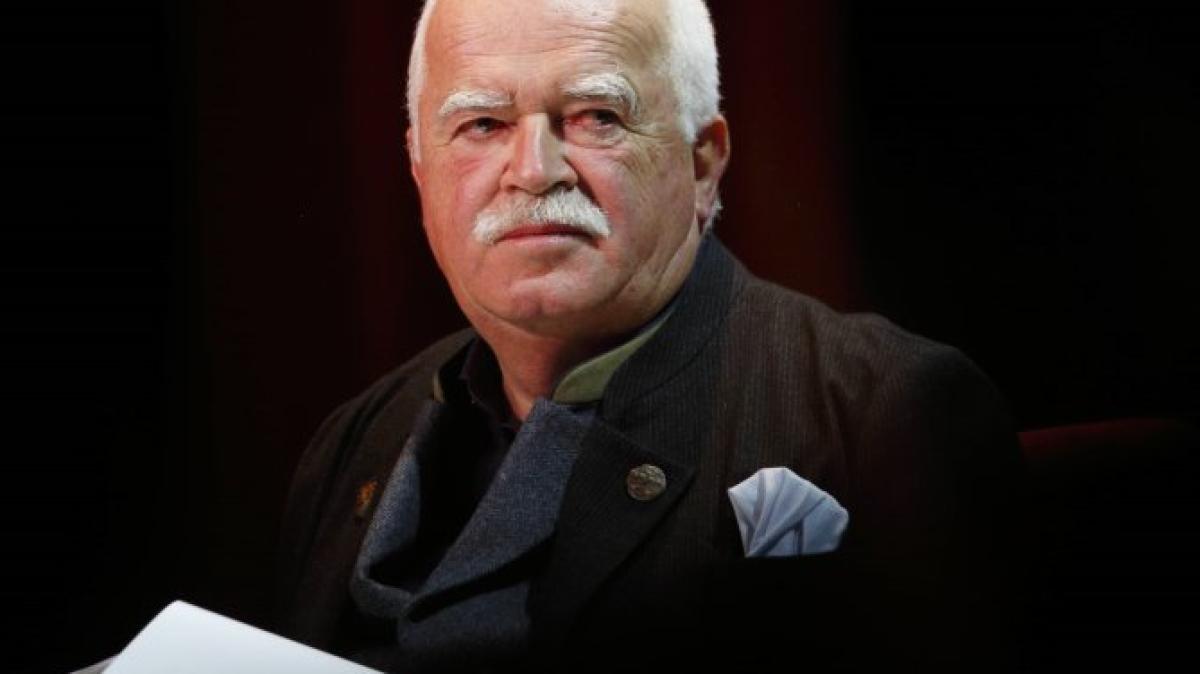The former Bavarian minister and mainstay of Germany’s conservative Christian-Social Union came to the defense of Hungary, which he says is being unjustly punished for its support of traditional values.
Gauweiler came to international fame in 2005, when he went public with his criticism that there was no reference to God in the draft European Constitution in 2005, and at his request Germany was forced to halt the ratification process.
In its petition related to the Lisbon Treaty, the German Constitutional Court highlighted the constitutional identity of the member states, thus winning a serious battle against the centralizing forces in Brussels.
In his article in Frankfurter Allgemeine Zeitung, Gauweiler mentions the volatile policy of Bavarian Prime Minister Markus Söder. Söder, who is now politicizing with rainbow symbols, is the same Söder who back in 2018 spearheaded the movement to make it mandatory to place the Christian crucifix in Bavarian offices. Notably, Gauweiler criticizes the moralizing intentions of the German public and leading politicians, while accusing them of hypocrisy.
Gauweiler then examines the twists and turns of German politics, noting that although Chancellor Angela Merkel called gay marriage unconstitutional in June 2017, she allowed it to be voted on in the Bundestag on June 30, just a few weeks later. An example of further changes in German public opinion, according to Gauweiler, is that some are now criticizing Hungary’s protection of the rights of parents in the field of sexual education, the very same thing their own ministers officially voted for years ago.
Gauweiler also touches on the issues of the European Union, in particular the politicization and behavior of the European Commissioners, whom he calls arrogant, pointing out that they are constantly putting their principals and those of the member states on the line.
He quotes former Speaker Martin Schulz as saying that if it were to apply today, Hungary would have no chance of gaining membership in the EU because of its democratic deficit. However, according to the author, Viktor Orbán’s democratic legitimacy is greater than that of all EU commissioners combined.
According to the article, the proceedings and attack on Hungary by the Germans were not only incorrect, but also ignored the common history of the two countries. In the author’s view, Merkel would certainly have failed in the 2017 federal parliamentary elections if Viktor Orbán had not stopped the influx of refugees by closing the Balkan route and protecting the Hungarian border. He also recalls that it was the Hungarians who paved the way for German unity in 1989 with the opening of the border.
In conclusion, Gauweiler stands by Hungary, criticizing the Dutch prime minister and his words that Hungary should leave the EU. Even before that, the Hungarian ruling party was ousted from the European People’s Party, and this is also a sign that dissenting voices are being eliminated and, in other words, not tolerated. However, these “opinion bunkers” are not viable, Gauweiler writes.
Title image: Former CSU politician Peter Gauweiler.






